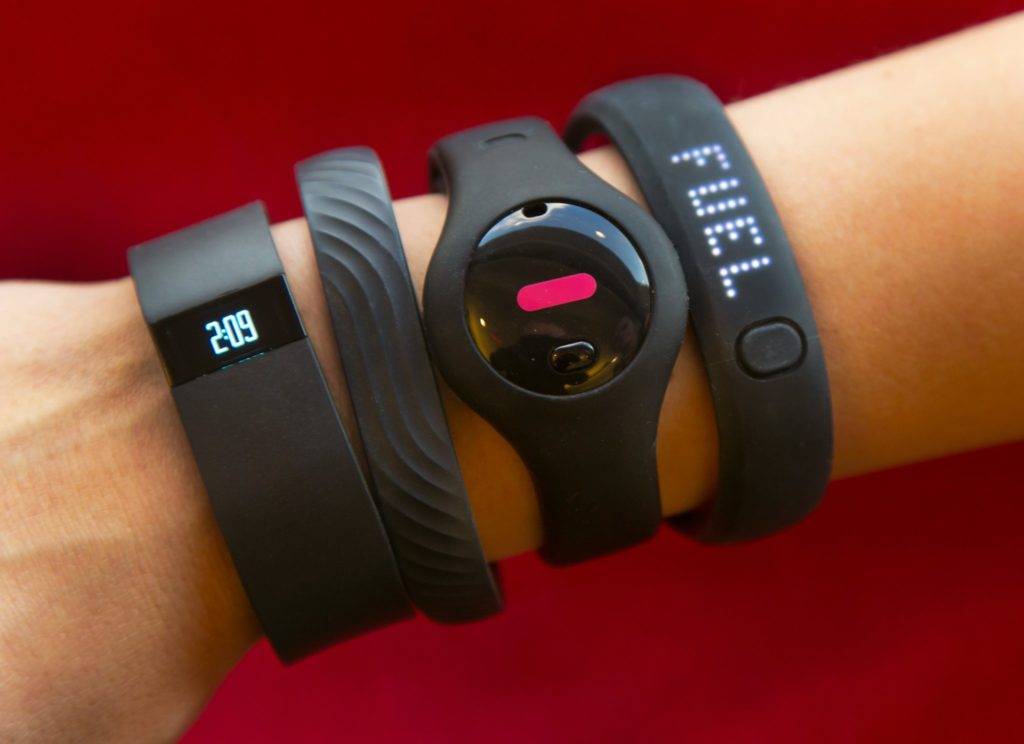In Germany, almost half of the people that own a fitness tracker have stopped using it and more than 85 percent said they have no interest in purchasing a fitness tracker.
It is dire news for the wearable market, of which fitness trackers make up more than half. Fitbit, the industry leader, sells more fitness trackers than the combined sales of Apple and Samsung’s wearables.
See Also: German manufacturing sector more gung-ho on IoT than U.S.
Over 2,500 people were surveyed by DKV, results found that 89 percent don’t own and don’t want to own a fitness tracker and five percent are thinking about it. Out of the six percent left, two percent don’t use their fitness tracker anymore, and 16 people confessed to never wearing the device.
“It’s a clear indication for us: the majority of people in Germany do not see the need to use wearables”, said Clemens Muth, Chairman of the Board of Management at DKV. “We believe that wearables don’t interest healthy people who have an average desire to exercise.”
The profile of the average fitness tracker owner, according to the survey, is young, healthy, and exercises often. That fits with the general profile of people that purchase fitness trackers across the world.
Fitness tracker design at fault?
Asked why they don’t use their fitness tracker anymore, 19 percent said it too difficult to use and 18 percent found it annoying. 15 percent felt that the fitness tracker didn’t give motivation to be healthy or lose weight.
Even though it is lower than the other two, the lack of motivation is a key point that fitness tracker providers need to figure out. Fitbit provides a way to log your food, water, exercise and see improvements, but there is no virtual coach telling you to walk faster, go swimming, or reduce the amount of carbohydrates in your diet.
This functionality could be necessary to keep people engaged and on a clear diet, but to implement it Fitbit (and other providers) need to make an assistant, like a bot, that can pester you to keep fit. It also needs a larger database that can give health warnings when you are eating too much of a certain food type.
Fitbit may be worried about the Food & Drug Administration (FDA), which may block wearables that attempt to control dietary regimes. Apple supposedly had similar problems adding health sensors into the original Watch, which led to underwhelming health and fitness features.


















